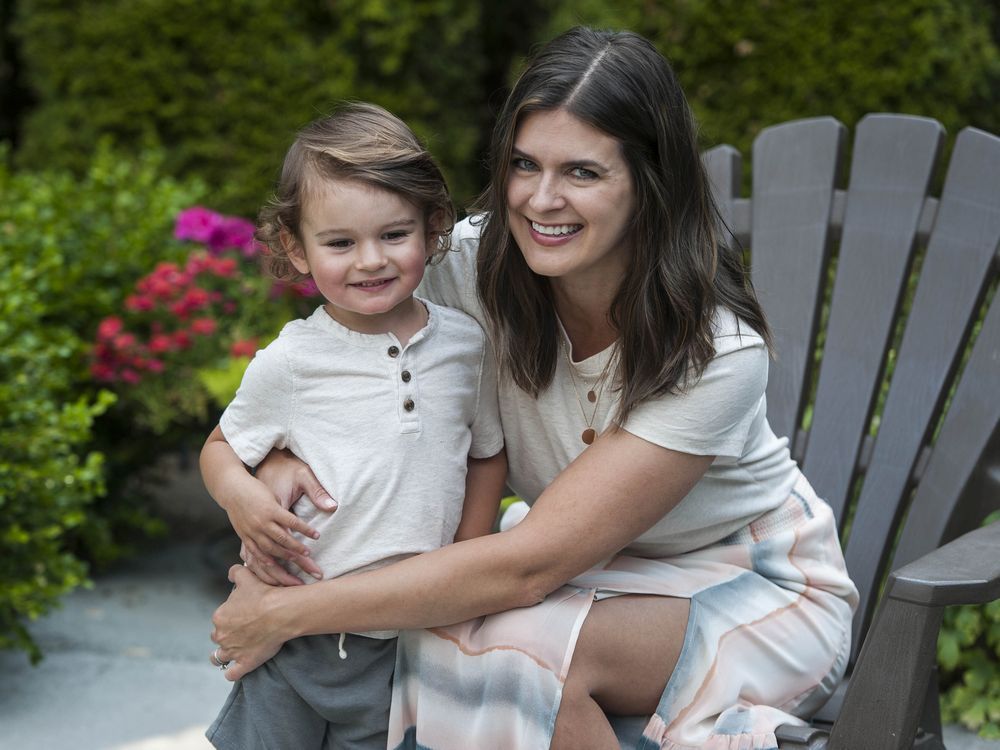social support is crucial to pregnancy, and its absence had a profound negative impact on pregnant women during the pandemic,
according to a new study. researchers found that women who were pregnant during the first year of the pandemic were more likely to struggle with symptoms of anxiety and depression.“the high rates of depression and anxiety during the pandemic highlighted by our study suggest that expectant women are facing a mental health crisis that can significantly interfere and impair mother-infant bonding during pregnancy,” said dr. maria laura filippetti, one of the study’s co-authors. those mental health challenges, she said, “can potentially impact childbirth outcome, as well as later infant and child development.”
depression rates were 30% higher than pre-pandemic levels
researchers at the university of essex surveyed 150 pregnant women between april 2020 and january 2021. they were asked about the impact the pandemic had had on their lives, and about their symptoms of anxiety and depression, as well as questions about their stress levels, and whether or not those were connected to their feelings of maternal attachment.the researchers found that the pandemic significantly increased anxiety and depression levels in the women they studied. overall depression rates had jumped from 17 per cent pre-pandemic to 47 per cent, while anxiety rates rose to 60 per cent from 37 per cent.the relationship between stress and maternal attachment was much less clear. the authors of the study point out that while other kinds of trauma — like living through war, or experiencing previous pregnancy losses — don’t diminish a mother’s attachment to her child, the associated stress can sometimes have negative impacts on the child’s later development.“therefore, it is likely that while ptsd in women pregnant during the covid-19 pandemic did not affect the immediate relationship with their unborn baby, its negative impact could still manifest on postnatal attachment and on child development,” the authors wrote.
don’t underestimate social support
the women who said the pandemic had a more direct impact on their life were more likely to suffer from depression and anxiety. but the study found an important counterpoint: high social support was a protective factor, especially against symptoms of anxiety. the women who felt most supported by their partner, friends, family or their own health team, were much less anxious than women who didn’t have that support. the findings line up with other studies about pregnancy and trauma: “support not only plays a critical role in life-endangering conditions of war, but also in any situation deemed traumatic,” wrote the authors.of course, the pandemic has taken away many of the opportunities for women to get support: phone or zoom calls rather than face-to-face appointments with midwives, for example, was hard on many of the study participants. attending appointments and ultrasounds alone, without their partner or a family member, also made things more difficult. those measures likely amplified symptoms of anxiety, the authors said, emphasizing the importance of public health practitioners having “the appropriate tools and support to assess mental health difficulties throughout pregnancy, labour, birth, and the postnatal period.”the researchers hope their work can be used again in the future to help understand how the pandemic affected children’s development.
maija kappler is a reporter and editor at healthing. you can reach her at mkappler@postmedia.com
thank you for your support. if you liked this story, please send it to a friend. every share counts.
 3 minute read
3 minute read









